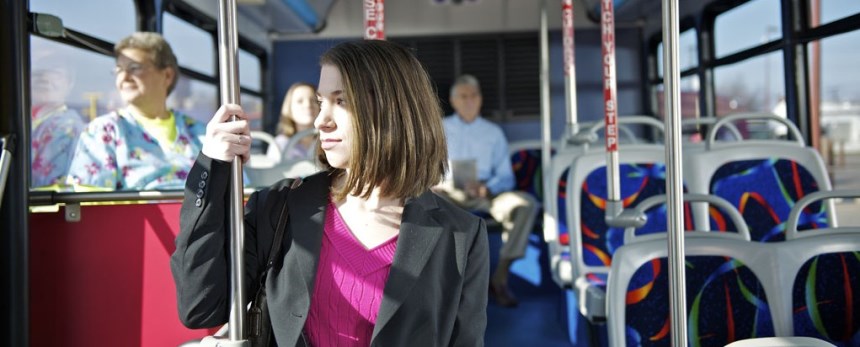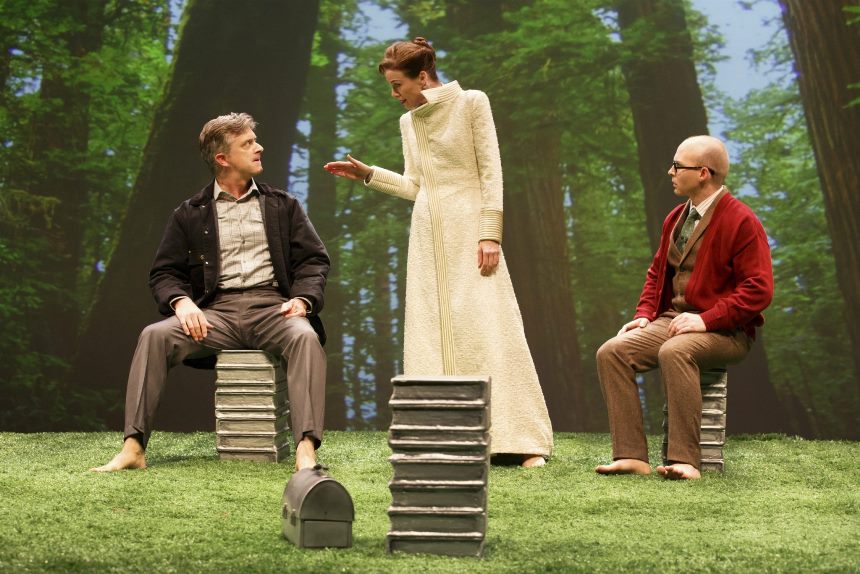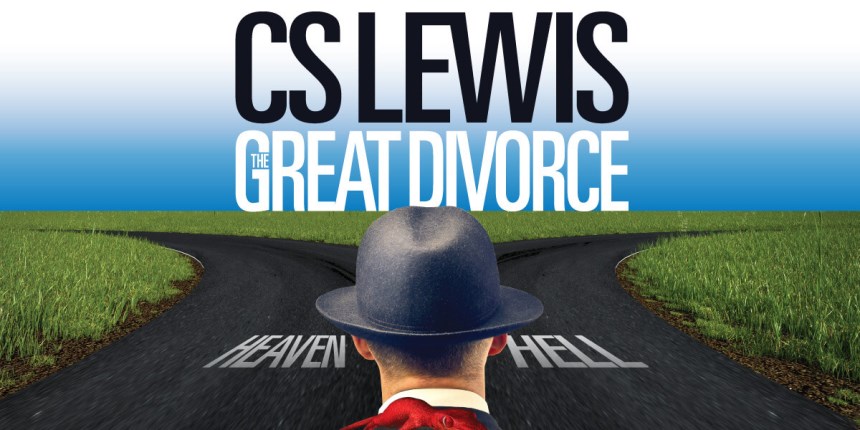The Great Divorce: Chapter 2


Summary
The Tousle-Headed Poet explains that his parents never appreciated him. The schools he attended, the education system in general and capitalism all failed to recognize his genius. During the War, he was a conscientious objector and moved to America. After money troubles and poor treatment by a girl, he jumped under a train. He is convinced that, while all the others would return, he would stay at their destination and finally receive the recognition he deserved.
A fight breaks out in the bus. Nobody is hurt, but when it is over, our protagonist finds himself at a different seat with a new companion, an Intelligent Man with a large nose and bowler hat. His new companion explains to him why the town seems so empty, that everyone there is so quarrelsome that they keep moving further and further away from each other.
Some residents of the town are identified: Tamberlaine, Genghis Khan, Julius Caesar, Henry the Fifth and Nepoleon. Some had gone to visit Napoleon, a journey which took fifteen thousand years. They found a huge house in the middle of nowhere with Napoleon “Walking up and down-up and down… never stopping for a moment…muttering to himself all the time. ‘It was Soult’s fault. It was Ney’s fault. It was Josephine’s fault…’”
At this point, the Intelligent Man shares his plan. He says “there’s no proper economic basis for any community life. If they needed real shops, chaps would have to stay near where the real shops were… It’s scarcity that enables a society to exist”. His solution is to “come back with some real commodities” which he could sell, forcing people to live nearby. This would also provide “safety in numbers”, particularly when the dusk eventually turns to night… The Big Man and the others tell the Intelligent Man to shut up, under threat of violence.
A nearby passenger, “A fat clean-shaven man”, tells Lewis that “there is not a shred of evidence that this twilight is ever going to turn into a night. There has been a revolution of opinion on that in educated circles”, arguing instead that it is a precursor to the dawn. He rejects the Intelligent Man’s “earth-bound” desire for “real commodities”.
The greyness outside begins to subside and the bus is fulfilled with light. Our protagonist goes to open the window, but it is forcefully shut by the Intelligent Man. The Big Man encourages him to hit Lewis. The cruel light reveals the “distorted and faded” faces. Then Lewis then sees his own reflection in a mirror…
Questions
Q1. What is the sin of the tousle-haired poet? What is he expecting to find in Heaven?
Q2. According to the Intelligent Ghost, why does The Grey Town seem so empty?
Q3. What solution does the Intelligent Ghost present?
Q4. What spiritual lesson can you draw from the way houses are constructed in The Grey Town and their poor function?
Q5. How would you describe the outlook of the “fat clean-shaven man”?
Q6. What does the light reveal?





